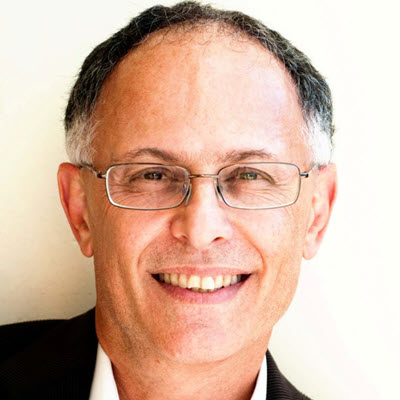
Research Interests
Anticoagulation, Enzymes, Inflammation, Innate immunity
Research Focus Teams
COVID-19, Diabetes, Blood
Departments
Hematology-Oncology (Medicine)
Contact
Email: ed.conway [at] ubc.ca
Office Phone: 604–822–4252
Office number: 4306
Publications
Lab Website
Dr. Edward Conway is a Professor of Medicine at the University of British Columbia (UBC), was the Former Director of UBC’s Centre for Blood Research, and holds a Tier 1 Canada Research Chair in Endothelial Cell Biology. He has established successful research groups in vascular biology both in Canada and abroad (Belgium), organized graduate educational programs, and coordinated collaborations with industry.
Dr. Conway’s research goal is to catalyze translational research between basic and clinical scientists. His research is designed to characterize the interplay between the vascular endothelium, coagulation and complement using a range of technologies, from bench to bedside. He is supported by grants from the CIHR and NSERC and industry.
Since inflammation and cancer are often associated with excess blood clotting, we aim to determine the mechanisms in the blood and on the blood vessel wall. This will allow the design of better therapies and preventative strategies to prevent thrombosis.
Defining the molecular links between coagulation and innate immunity
Throughout evolution, organisms have developed means to simultaneously contain wounds by limiting bleeding with clot formation and fighting pathogens, thereby enabling rapid healing. Disease emerges when there is unchecked activation of the innate immune and/or coagulation responses. Indeed, simultaneous excess coagulation and innate immune responses are evident in numerous diseases, including, for example, atherosclerosis, stroke, coronary heart disease and diabetes, as well as organ ischemia-reperfusion, the metabolic syndrome, and other vasculopathic disorders, such as age-related macular degeneration, and hemolytic-uremic syndrome.
With the discovery that common molecular mechanisms regulate coagulation and inflammation, the last decades have seen major progress in identifying the cellular and molecular links. However, there remain major gaps in our knowledge and new discoveries are urgently needed for the development of novel strategies to prevent and/or treat cardiovascular disease and stroke.
In our lab, we focus on characterizing the interplay between the coagulation system and a major component of innate immunity, the complement system, and to explore how they are integrated. Specific projects involve understanding how the vascular endothelial glycoproteins, thrombomodulin and endothelial protein C receptor (EPCR) modulate inflammation, coagulation and cell proliferation, and how key enzymes in the complement and coagulation cascades cooperate.
The perplexing story of the “tumor endothelial marker”, endosialin (CD248)
Endosialin (CD248) was originally identified as a tumor endothelial marker, but is now recognized to be expressed on the surface of activated stromal cells. This multi-domain glycoprotein, with structural features similar to thrombomodulin, is only expressed under pathologic conditions. Mice that lack CD248 are less sensitive to pro-inflammatory and oncogenic stimuli. We have determined that the cytoplasmic domain of CD248 modulates intracellular signals that promote tumor growth and inflammation. Ongoing studies are designed to identify molecular mechanisms by which CD248 functions, the protein partners with which CD248 interacts, and the wider impact of changes in expression of CD248. The findings may provide novel avenues for therapeutic targeting.